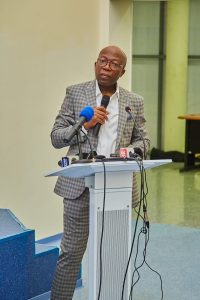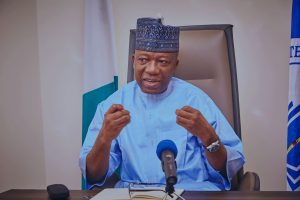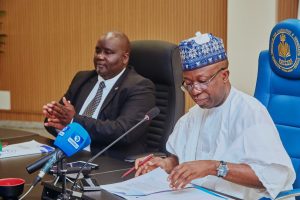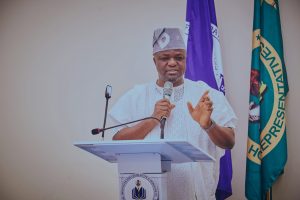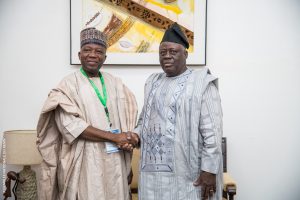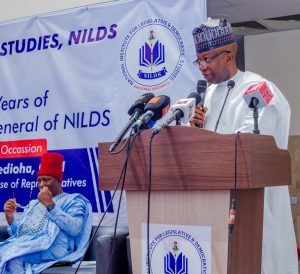Prof. Abubakar Sulaiman, the Director-General of the National Institute of Legislative and Democratic Studies (NILDS), has called on all stakeholders to ensure the safety and well-being of all Nigerians.
Sulaiman made this appeal on Wednesday during the opening of a roundtable discussion titled “Operationalising the Quest for a State Police System in Nigeria,” organized by NILDS in Abuja.
He noted that Nigeria has long depended on a centralized policing structure since the inception of its law enforcement system. However, the challenges in maintaining law and order across the nation necessitate re-evaluating this structure to determine its effectiveness.
According to Sulaiman, the diverse socio-cultural and security challenges of Nigeria’s various states demand a more tailored and responsive approach to law enforcement. He argued that establishing state police forces could empower local authorities to address these challenges more effectively and ensure quicker responses.
However, he acknowledged that the path to implementing a state police system is complex and requires careful consideration.
“We must ensure that reforms towards decentralizing the current centralized police system, if pursued, are supported by a robust legal framework, adequate resources, and stringent oversight mechanisms to prevent abuse of power and uphold the rule of law,” Sulaiman said.
He emphasized the importance of finding practical and sustainable solutions to the nation’s security challenges and urged stakeholders to work collectively towards guaranteeing the safety and well-being of all Nigerians.
In his remarks, Prof. Tijjani Mohammed-Bande noted that both advocates of state police and centralized policing systems have valid points based on their understanding. He emphasized that in a federal system of government, both models could potentially be practiced, but the primary concersn should always be the safety and well-being of society.
Prof. Shola Omotola highlighted that Nigeria’s Constitution must be considered, as it is not sufficiently federal or democratic. He stated that for institutions to function properly, their foundational legal documents must be robust and democratic.


